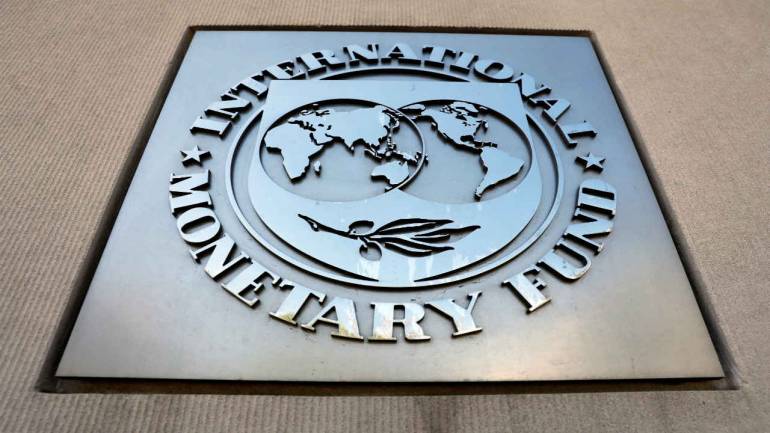The International Monetary Fund said on Wednesday 16 July that the U.S. dollar was overvalued by 6% to 12%, based on near-term economic fundamentals, while the euro, the Japanese yen and China’s yuan were seen as broadly in line with fundamentals.
The IMF has been at odds with U.S. President Donald Trump over his use of tariffs to resolve trade imbalances, but its assessment that the dollar is overvalued is likely to give Trump more fodder for his frequent complaints that dollar strength is hampering U.S. exports.
Trump is determined to railed against European and Chinese policies that lead to what he calls a devaluation of the euro and other currencies against the dollar.
The Fund’s External Sector Report – an annual assessment of currencies and external surpluses and deficits of major economies – showed that current account surpluses remained centered in the euro area and other advanced economies such as Singapore, while deficits remained persistent in the United States, Britain and some emerging market economies.
The report said net creditor positions had increased again, and were now at a historical peak of about 20% of global gross domestic product, or about four times the level seen in the early 1990s. Net debtor positions were at a similar level.
The Fund – which has warned that the U.S.-China trade war could cost the global economy about $455 billion next year – said recent trade policy actions were weighing on global trade flows, eroding confidence, and disrupting investment. But they had done nothing to reverse external imbalances thus far.
Instead of tit-for-tat tariffs, surplus and deficit countries should work to revive liberalization efforts and strengthen the rules-based multilateral trading system that has been in effect for the past 75 years, the IMF said.
“It is imperative that all countries avoid policies that distort trade,” IMF Chief Economist Gita Gopinath told reporters. “Higher tariffs have been associated with increased prices for consumers and are weighing on global trade, investment and growth, including by eroding confidence and disrupting global supply chains.”
She repeated the Fund’s estimate that the tariffs applied in the U.S.-China trade war could shave 0.5% off global economic growth in 2020.
Global trade growth was slowing, which showed that the trade disputes were not simply causing manufacturers to shift production away from China, as Trump has claimed, but that the overall trade system was suffering from the tariffs, she said.
Gopinath also noted that disputes over technology, such as the U.S. decision to put Chinese technology company Huawei on its ‘entity’ list – could also fracture global supply chains, raising concerns about investment and productivity. Companies on the entity list cannot buy parts and components from U.S. companies without government approval.
The Fund said short-term financing risks were generally contained since debtor positions were concentrated in reserve currency-issuing economies. But risks remained for the global economy.
“An intensification of trade tensions or a disorderly Brexit outcome – with further repercussions for global growth and risk aversion – could …. affect other economies that are highly dependent on foreign demand and external financing,” it said.
Countries with deficits, like the United States and Britain, should pare back spending in a growth-friendly manner, while those with big surpluses, like Germany, the Netherlands and Korea, should boost public infrastructure investment and discourage excessive saving, it said.
Germany’s current account surplus was excessive, running about 4% to 5% larger than warranted, Luis Cubeddu, chief of the IMF’s research department, told reporters.
“There’s a need to ease fiscal policy in Germany. There is fiscal space to do that,” he said, urging spending on infrastructure.
While the report assessed the euro’s valuation as appropriate for the euro zone as a whole, it said the euro’s real effective exchange rate was 8% to 18% too low for Germany’s fundamentals, given its high current account surplus.
The report said that while China’s yuan was broadly in line with its fundamentals, IMF models showed wide divergences with desired policies from an 11.5% undervaluation to an 8.5% percent overvaluation due to uncertainties over Beijing’s policy outlook.
Gopinath said the IMF had looked carefully at exchange rates, but saw no evidence that changes had much impact on trade flows, particularly in countries that invoiced trade in the U.S. dollar.
Structural changes, such as improving access to credit and better transportation infrastructure, could be more useful in the short term, she said.
Source: Reuters

